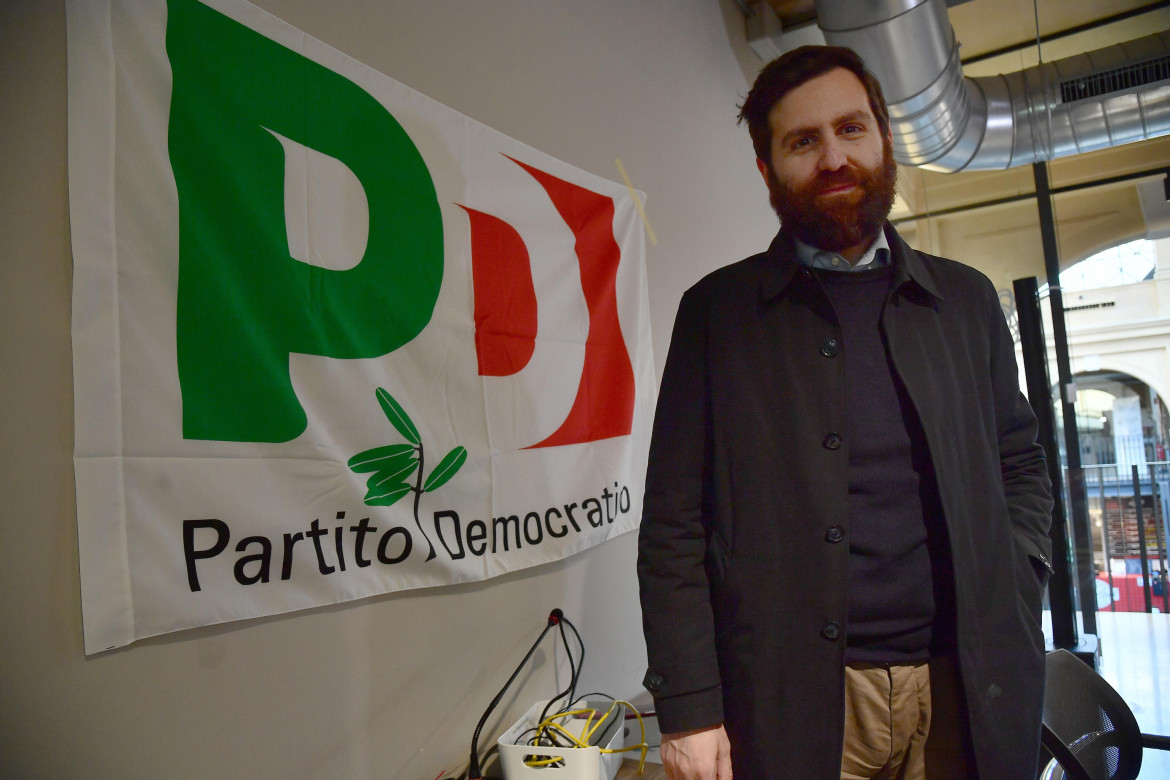Interview
Simone D'Angelo: How the Democratic Party of Genoa won by fighting inequality
The secretary of the Democratic Party of Genoa: ‘We put the fight against social inequalities at the center of our commitment, we went back to talking to the most suffering part of the city and, little by little, they understood that we mean business.’

Simone D’Angelo, born in 1987, the young secretary of the Democratic Party of Genoa, has some reason to smile despite the broader electoral defeat.
In his city, the Democratic Party went from 21% of the municipal vote in June to 26% three months later, equal to an increase of about 27,000 votes. Now it’s the first party, and it has fared better in the old red areas, among the working class and in the suburbs.
“A unique figure in Italy from a numerical and social point of view,” he said.
How did you do it?
For many months we have been engaged in reforming ourselves on new foundations, in repositioning ourselves. We put the fight against social inequalities at the center of our commitment, we went back to talking to the most suffering part of the city and, little by little, they understood that we mean business. This work began with the congress of July 2021, where there was the strength to overcome a ruling class that had done its time, for better or for worse. And our commitment was recognized by the voters.
On a national level it went differently. The Democratic Party has oscillated between a possible alliance with Calenda and a progressive agenda.
Here the progressive agenda, which arrived late to the national scene, has found credibility and people who have been able to represent it. There was an electorate who shared our values but who had turned their backs on us and has now come to trust us again.
What was the agenda of the Democratic Party in this campaign?
For months the party has argued that, after the Draghi government, which we have defined as “transitory and unrepeatable,” left and right would return to confront each other on opposing programs. This element did not emerge. First [the party] sought a moderate response with Calenda, then it fell back on a leftist agenda. Too many tactics, little clarity. And the underlying idea that defeat was inevitable. Faced with the tragedy of inequality, the Democratic Party was perceived as too moderate in its responses. Meanwhile, reformism, no longer subordinate to neoliberalism, is gaining ground throughout Europe.
Give an example.
If you are Macron on Monday and Corbyn on Tuesday, there is a credibility problem. This also concerns the issues of the fight against precarious work and the minimum wage: although we have expressed our intention to overcome the Jobs Act, we have not presented clear proposals.
Was there an excess of Draghism?
It was right to claim the results obtained by the Democratic Party, including in a government of national unity. But the Draghi agenda cannot become the program of a party of European socialism.
Many in his party say that you have to understand who you are, who you want to represent. Who represents the Democratic Party today?
Let’s not turn ourselves around, there are different ideas about the role and function of our party. The need to find a synthesis cannot prevent political initiative and the need to represent the weakest, as has unfortunately happened. I believe that we must be interpreters of radical policies to respond to the drama of inequality, and to put redistribution, work and rights at the center.
Is it still possible to find a synthesis or is it better that the left and the moderates go on their own?
The challenge is to demonstrate to those who voted for us and above all to those who have not done so that there is the will to make the Democratic Party a space in which the ambition to bring forward those who have remained behind is cultivated. This is why a radical change is needed.
The congress has already started. At the moment, there is only a crowd of wannabe leaders.
In the face of this defeat, an ordinary congress, or the election of a new leader with salvific traits, is certainly not enough. We need a path of re-foundation, a finally frank discussion, without personalities or current disciplines.
It doesn’t seem easy. The old leaders are already organizing the after-analysis with old patterns.
Instead, there is the possibility of starting over from a new ruling class rooted in the territories. And not only in Liguria. The energy to change the face of the Democratic Party is there.
The M5S risks making the left for you.
They’ve espoused some progressive battles, but M5S moves more like a committee on individual issues. There remains the need for a popular left force with a vision of society that gives a framework to the battles. This is our job.
Originally published at https://ilmanifesto.it/simone-dangelo-i-voti-delle-periferie-tornano-se-si-fa-la-sinistra on 2015-10-08
